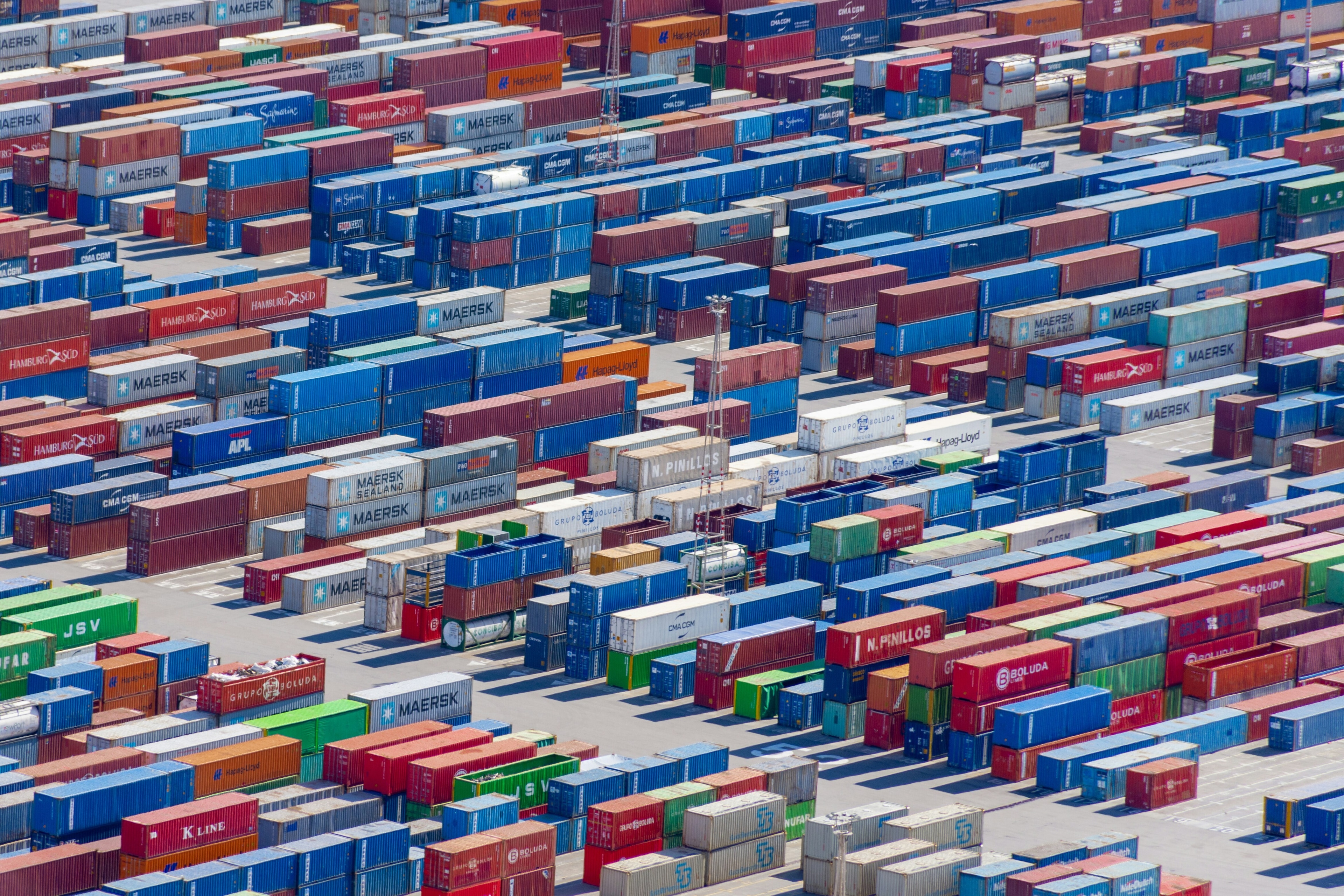How to create an environmentally friendly airline

Airline transportation is generally regarded to be fast and convenient, but environmentally friendly? Not at all. Ask people what their estimate is of fuel consumption per passenger, most would say that it is high.They might, for example, guess it was around 20, 40 or even more litres per passenger/100 km.
The average consumption per transported passenger by airplane is actually below 4 litres per 100 km and fuel efficiency measures improve this figure year by year. This makes flying actually one of the most environmentally friendly ways of travelling. With the latest next generation technology aircraft, flying will become even more eco-friendly and we should be able to reduce fuel consumption to 2 liters/100pkm. Airlines are constantly searching for ways to reduce their fuel consumption and also explore alternative fuels such as biofuels.
What are airlines doing to improve?
For example, at Lufthansa Group, we have a whole team implementing fuel efficiency measures, and have managed to reduce our carbon footprint substantially. We have developed a number of eco-friendly products, like lightweight trolleys, or special cleaning processes for engines, installed winglets and spent billions on new fuel efficient aircraft. We have decided not only to become greener, but to invest in innovative new technologies such as sharkskin coatings for aircraft and electric taxi-bots. We also take a commercial approach to these investments and offer them to other airlines.
What is possible beyond that?
Airlines could go further and maybe one day someone will start a green airline. An airline with eco-friendly products on board, flying using the highest mix of biofuel that is possible, serving organic food without extra packaging, rewarding frequent flyers with green mileage cards, offering only electronic newspapers and magazines and with employees that have fair working conditions. Alternatively, existing airlines could reposition themselves as ‘greener’ airlines. Airlines today, however, face fierce price competition, which has nothing to do with how eco-conscious they are. So what we see is a desire from customers for airlines to be more environmentally friendly, but a limited willingness to pay for it.
What about biofuels?
Biofuels have the potential to bring about a step change in environmental efficiency. Through crops such as Jatropha, recycling household waste or producing algae, biofuels that can power aircraft could soon be used instead of jetfuel. When the price of oil was around $100/barrel it looked like biofuels could even be developed at a comparative price, which would have provided a tremendous boost to their use in the industry. However, with the fuel price now down to $50/barrel it has become too uneconomical for airlines to justify the use of biofuels. Also, the pace of development and investment into biofuels has now slowed, which is unfortunate. What is needed now is a long-term multi-stakeholder approach for the further development of biofuels to be a viable alternative. Only through a partnership of oil companies, airlines, airports and governments can research and development of biofuels continue to make progress.
Have you read?
How can we harness the potential of 1 billion tourists
5 innovations transforming the travel industry
Author: Sadiq Gillani, Senior Vice-President and Chief Strategy Officer, Lufthansa Group, Germany
Image: A plane lands at Schiphol airport outside the Dutch Capitol Amsterdam January 30, 2008. REUTERS/Jerry Lampen
Don't miss any update on this topic
Create a free account and access your personalized content collection with our latest publications and analyses.
License and Republishing
World Economic Forum articles may be republished in accordance with the Creative Commons Attribution-NonCommercial-NoDerivatives 4.0 International Public License, and in accordance with our Terms of Use.
The views expressed in this article are those of the author alone and not the World Economic Forum.
Stay up to date:
Future of the Environment
Related topics:
Forum Stories newsletter
Bringing you weekly curated insights and analysis on the global issues that matter.
More on Supply Chains and TransportationSee all
Isabel Cane and Rob Strayer
November 13, 2025






